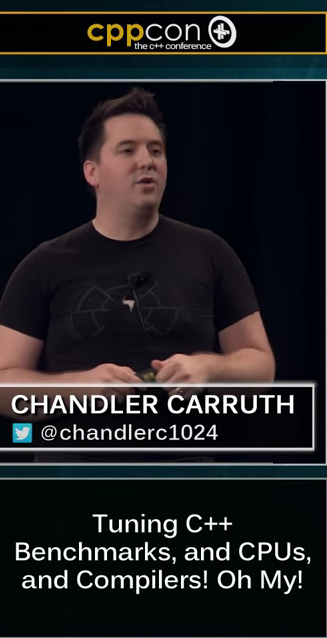Efficient parameter pack indexing--Louis Dionne
And you, how do you index your parameter pack?
Efficient parameter pack indexing
by Louis Dionne
From the article:
Recently, I’ve been looking at ways to index into parameter packs with as little compile-time overhead as possible. This is not a new problem, and we know of several metaprogramming techniques to achieve this, some of which offer pretty good compile-times. Most of these techniques are also well documented, for example here and here. So, why write an article about this well-covered topic? Well, I recently decided to cheat and modified the compiler to see how fast we could possibly be. This article summarizes what I found.

 Annoucing a new tool in Visual Studio:
Annoucing a new tool in Visual Studio:
 Have you registered for CppCon 2015 in September? Don’t delay –
Have you registered for CppCon 2015 in September? Don’t delay –